What is it like to be a soldier in Taiwan?
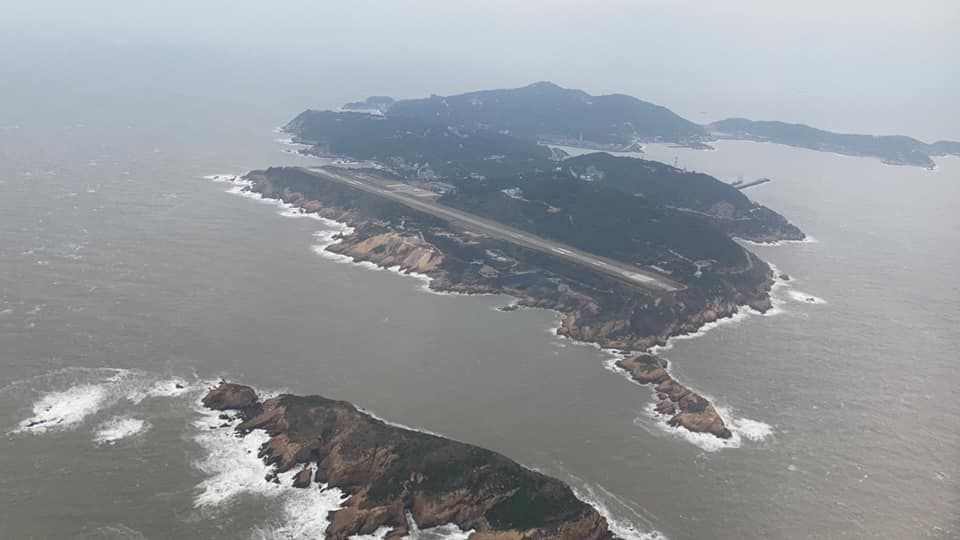
"Duan Media" recently launched the " 2020 Golden Horse Special ", which wants to discuss how the two frontline positions of Kinmen and Matsu have managed themselves in the current situation from the "post-Cold War" to the "new Cold War".
Since there are only three reporters in the Taiwan group of "Duan Media", and I am the only biological male, and I was also a soldier in Mazu ten years ago, this "Golden Horse Special" naturally fell on my head - "You Just write a travelogue of a veteran and introduce Taiwan’s military service system to readers in Hong Kong and China.” The editor-in-chief told me at the time.
So this article "In 2020, I will return to the front line of "Implementing the Unification of China through the Three Principles of the People" as a "veteran"" is the result of this veteran's return to the front line, combining my own military experience and travel notes ten years later Combined, to describe to readers what it is like to be a soldier in Taiwan - just as "Duan Media" now has a new feature, each reporter can get a special link, allowing the top 30 people who click the link and do not subscribe to the media to subscribe. Readers are free to read, so I want to share it with you on Matters. You are welcome to click the link above to read it.
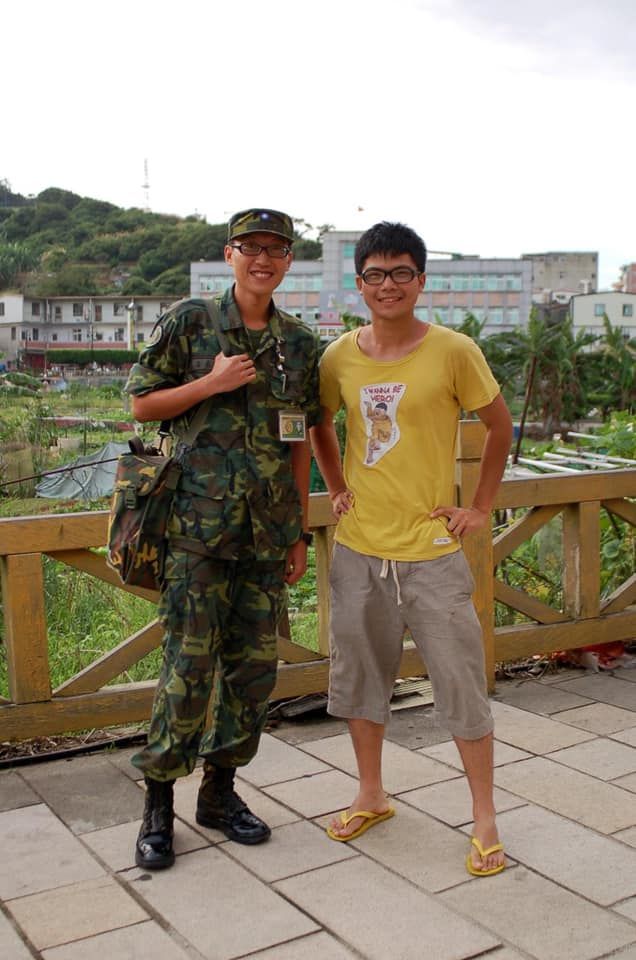
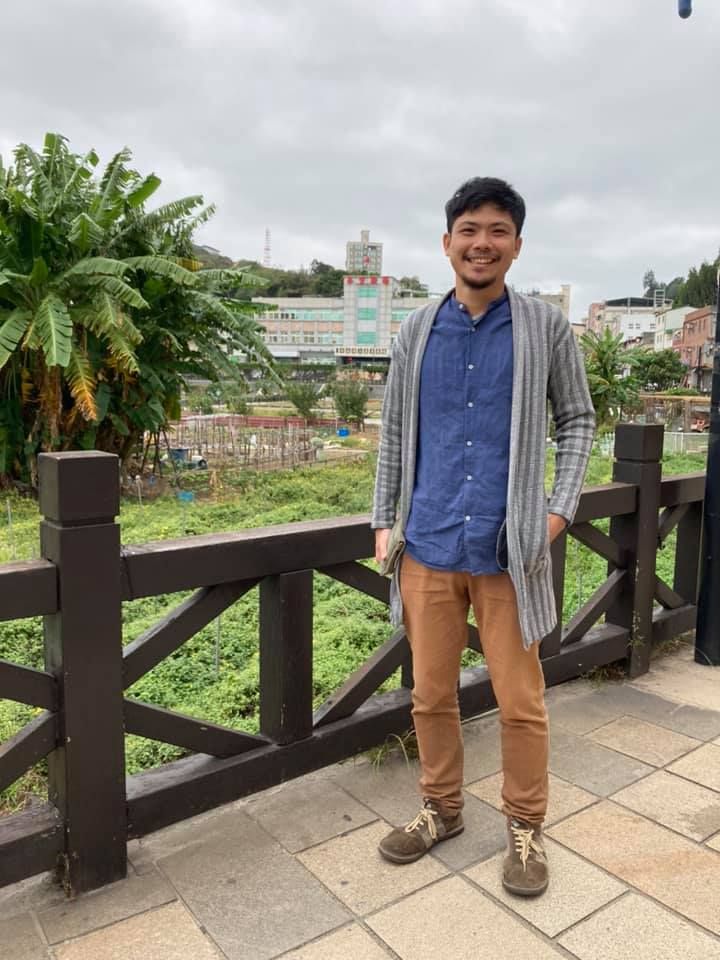
In Taiwan, military service is the obligation of every adult man.
However, although the name is "military", I was actually an "officer" when I served in the military ten years ago, because I passed the "reserved officer examination" before enlisting in the army, so I can enjoy many privileges - about this kind of The system of "compulsory service reserve officers", those who are interested can click the link above, the article has details.
From a soldier's point of view, I am definitely not a qualified officer: I am greedy for life and fear of death, I am not good at leading troops, and I sometimes contradict my superiors.
But I dare say that I am really "serious" in the military. At that time, I borrowed a lot of books from the library, and I seriously wanted to use the "meta-perspective" to jump out of the way, to compare the experience in the military camp with theory, and to inquire from the perspective of "what it is like to be a soldier" thing".
Because I actually have no choice. Only by using the military as role-playing, as a fieldwork of "participatory observation," could I mentally escape the military and ease my pain.
So in those five months, I wrote two thick diaries, which were densely packed, full of hardships in the army and reading notes. Reading and writing was the only way I could mentally escape the military camp at that time.
Later, for the interview, it took me two whole nights to read all the diary of the soldier in Mazu. Although I can still feel the pain at that time when I read it ten years later, I am fortunate that I made a record back then, and I can only have this report today.
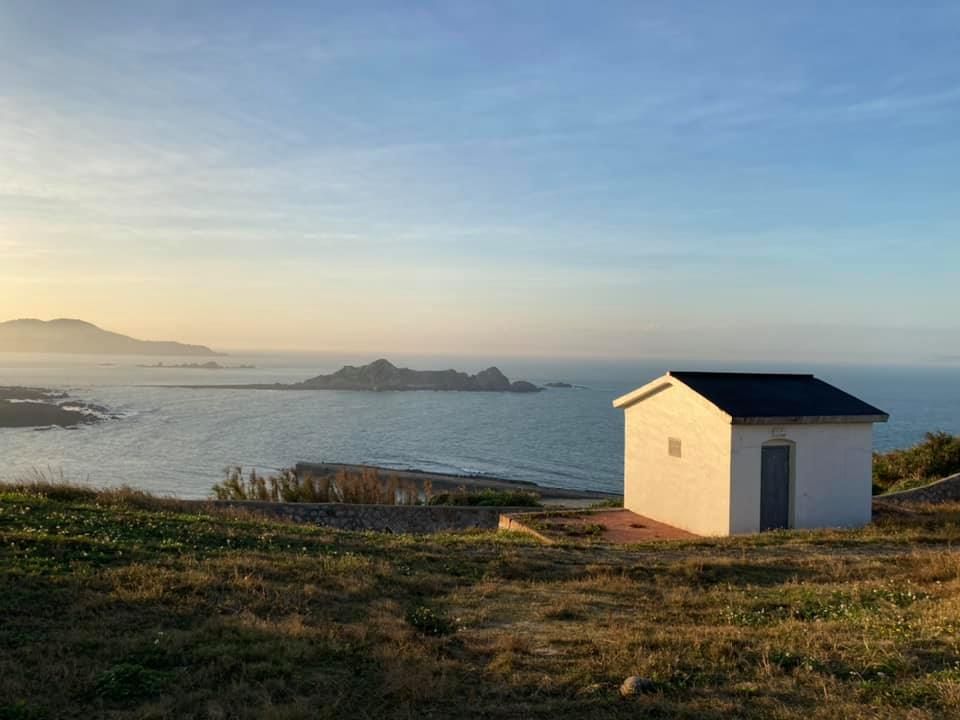
Returning to Matsu after a lapse of ten years, some changes are obvious.
For example, there was originally a slogan on the wharf with the slogan "Unifying China through the Three Principles of the People" . I remember that when I went ashore to report in 2011, the slogan was still hesitating in the rain—"consistent, thorough, Yi, three... one, China, country", and the words "people, principle, justice, unity" in the middle , which had been demolished at that time and made way for a new building, but people who saw it for the first time could at least guess the whole sentence based on the context.
In this revisit, this somewhat incomplete and embarrassing slogan was left with only the word "One China", which has not been removed. The other words have entered history with the outdated national mission. .
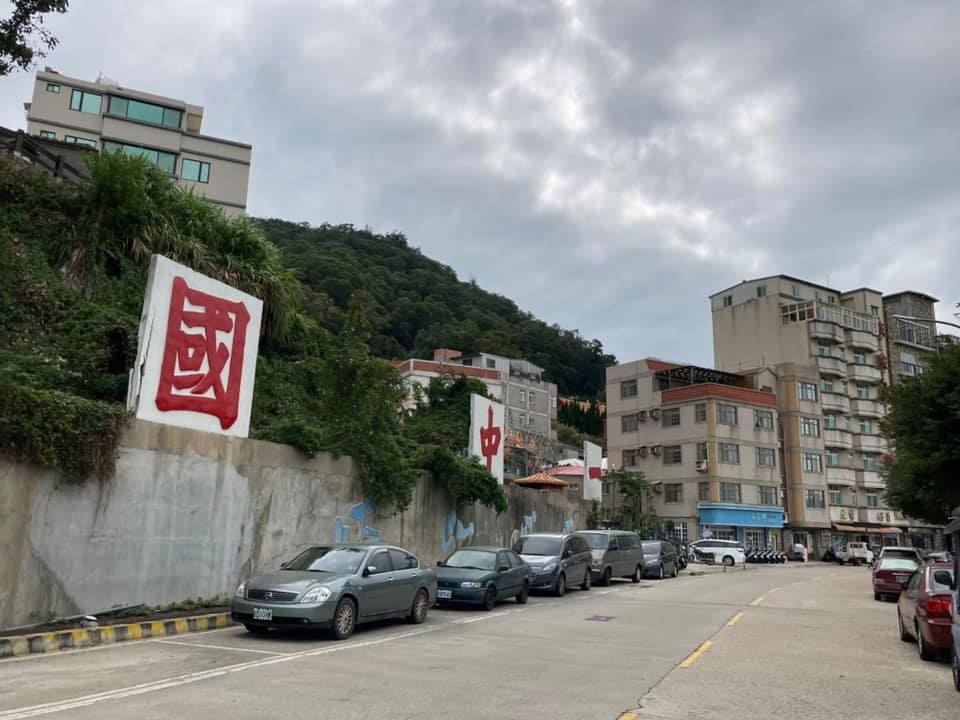
In addition, there was actually another small story in this report, but it was deleted by me in the final version. The story goes like this:
Once when I was in a certain stronghold, the battalion commander came to supervise, and when he saw a rusted barrel of a T91 rifle, he scolded me bloody. Before leaving, the battalion commander's last harsh words were: "Tighten your skin a little bit. Do you believe that I can let you leave a record and guarantee that you won't be able to enter Taiwan's 500 largest companies?"
Although I didn't want to enter the "Taiwan 500", the reason why the battalion commander threatened me with this statement is probably because he knew that I was a "compulsory pre-officer" and would eventually be discharged from the army and returned to the workplace. look for a job.
This threat implies several meanings—the bad record you left in the military may be seen by HR, a large enterprise in Taiwan; if you really want to make things bigger, he can also bring you military justice.
So I remembered some theories I read during my research studies, and suddenly felt that this is the so-called "governmentality" and "panopticon", right?
The real state violence is that although you can’t see the state monitoring you and controlling you, and you don’t know if it’s true that you can’t find a job because you leave smears in the military and go out, you know that if the state really wants to do this Do it, it can be done and you can be seen - just like in the "Loop", although you can't see if someone is watching you, but you know that "someone may be watching you at any time", so even if No one is watching, you will watch yourself and be a good citizen/military.
Looking back now, this may be one of the reasons why I felt so disgusting to be a soldier back then. No matter how you look at it, compulsory military service is really the most intuitive and most personal experience I have experienced in my life.
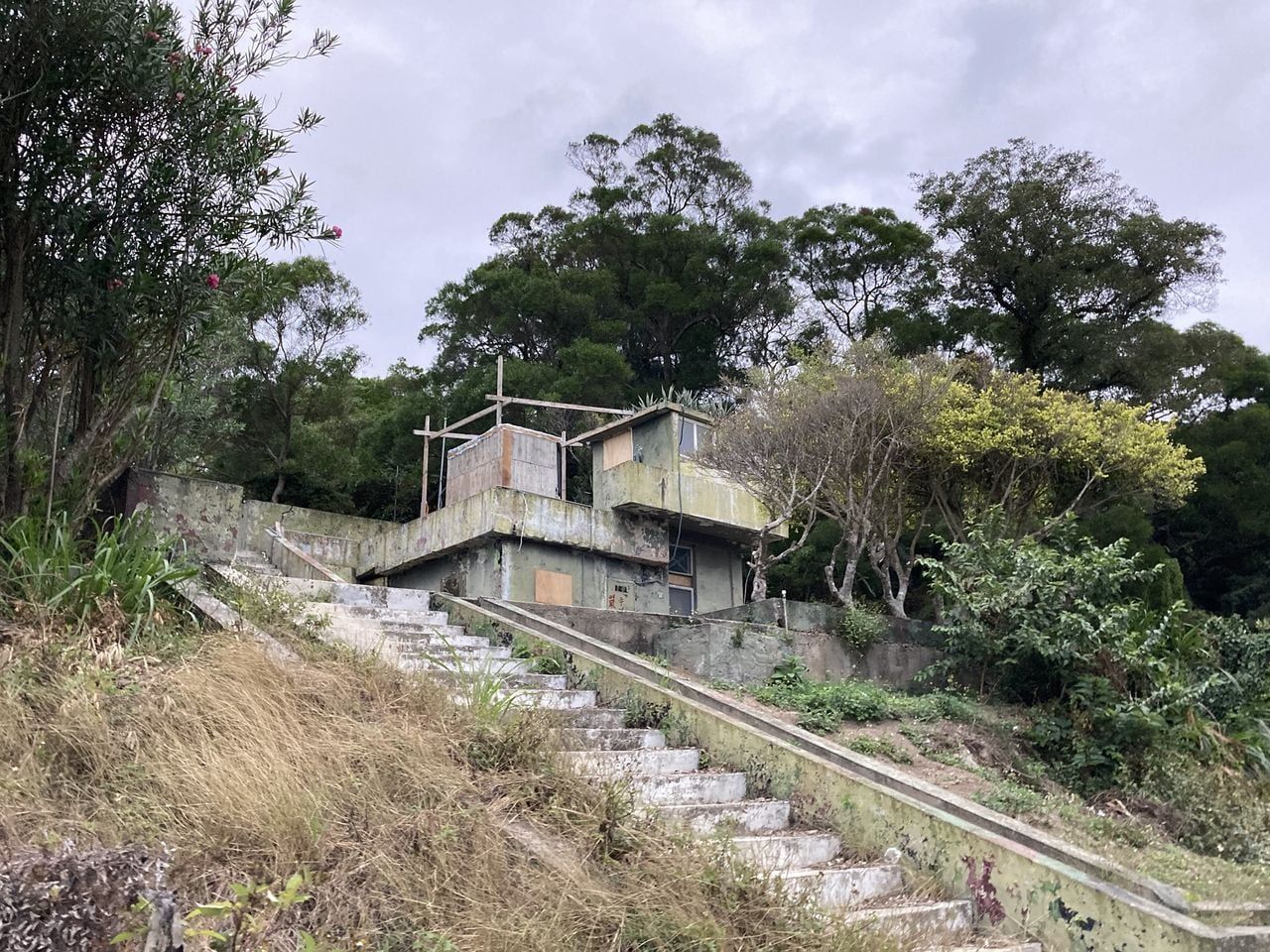
But then again, it was the first time in my life that I came to Matsu, not to be a soldier.
In the summer of 2009, the twentieth anniversary of the fall of the Berlin Wall, and I was going to Spain as an exchange student, so I decided to go to Europe by land and take a "travel inside the Iron Curtain" by the way. At that time, my route passed through China, Mongolia, Russia, the three Baltic countries, Poland, and the Czech Republic, and finally arrived in Berlin, Germany. Matsu, who was on the front line of the Cold War, was the entrance to Fuzhou by boat for me to cross the Iron Curtain.
I was very impressed. While waiting for the ship at Nangan Fuao Port, the TV in the waiting room happened to broadcast the news of Michael Jackson's passing. In hindsight, the demise of this pop star who rose to prominence during the Cold War and whose popularity spanned both sides of the Iron Curtain probably marked the end of an era.
Not very respectful, but his obituary seemed like a fitting coincidence as my journey unfolded.
During that two-month trip, I couchsurfed for the first time, hitchhiked for the first time, slept on the side of the road for the first time, and spent a long time chatting with people of different nationalities and all kinds. Until now, the way I travel is no different than it was back then. I sometimes feel that, in fact, from 2009 to the present, I have been on the same journey, just changed a few places and met more people.
Later, a large part of the reason why I chose to volunteer to serve in Mazu was also related to the fleeting glimpse I left with Mazu that summer. If you want to pay homage to the Iron Curtain and experience the Cold War, there is probably no other way. Serving on a Cold War front-line island is more appropriate.
Later, I spent five painful months in Matsu, but it was also the most important five months of my life. Every day in the barracks, I kept asking myself: What is a country? What is discipline? What is war? What is freedom?
The day before I was discharged from the army, I wrote on the last page of my diary: "Continuing the feeling of being under the Berlin Wall two years ago, I returned to serve as a soldier in front of the Iron Curtain. Like the Berlin Wall, Matsu is a product of the Cold War. Look forward to me The painful memories of being on this island give me the drive to pursue true freedom.”
At that time, I was still immersed in the optimism that "history is over", and I was glad that I lived in a "post-Cold War" era. No matter how painful it was to be a soldier in Mazu, I was only a compulsory military officer after all. The identity is much more real than the role-playing game, and I experienced the "Cold War Frontline".
Looking back at today, which is shrouded in the fog of the "New Cold War", I can only hope that I was not overly optimistic at the time.
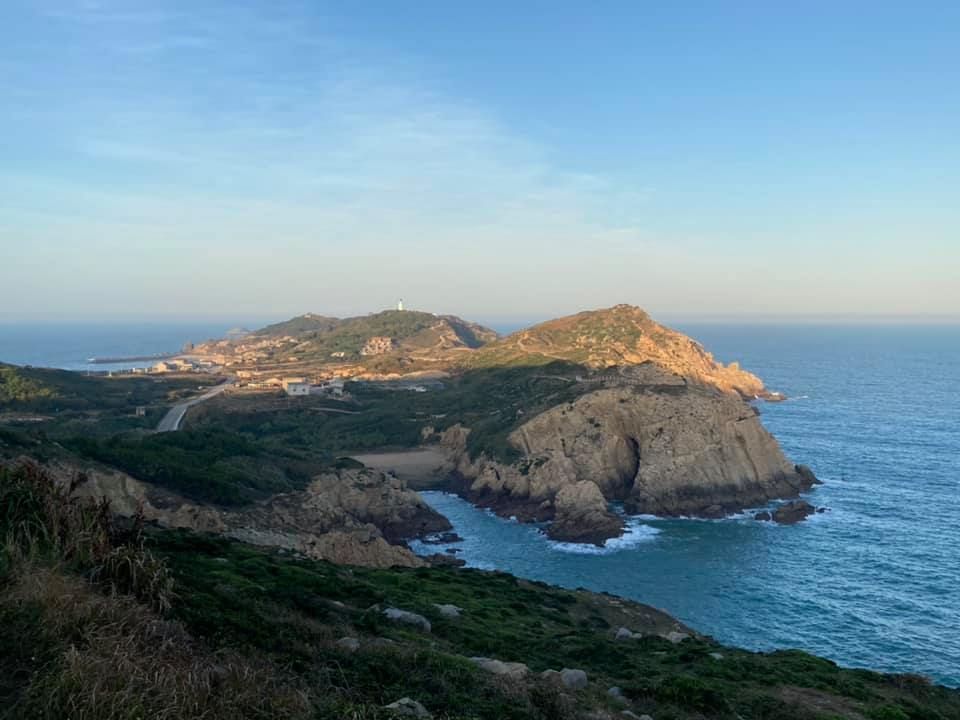
Like my work? Don't forget to support and clap, let me know that you are with me on the road of creation. Keep this enthusiasm together!
